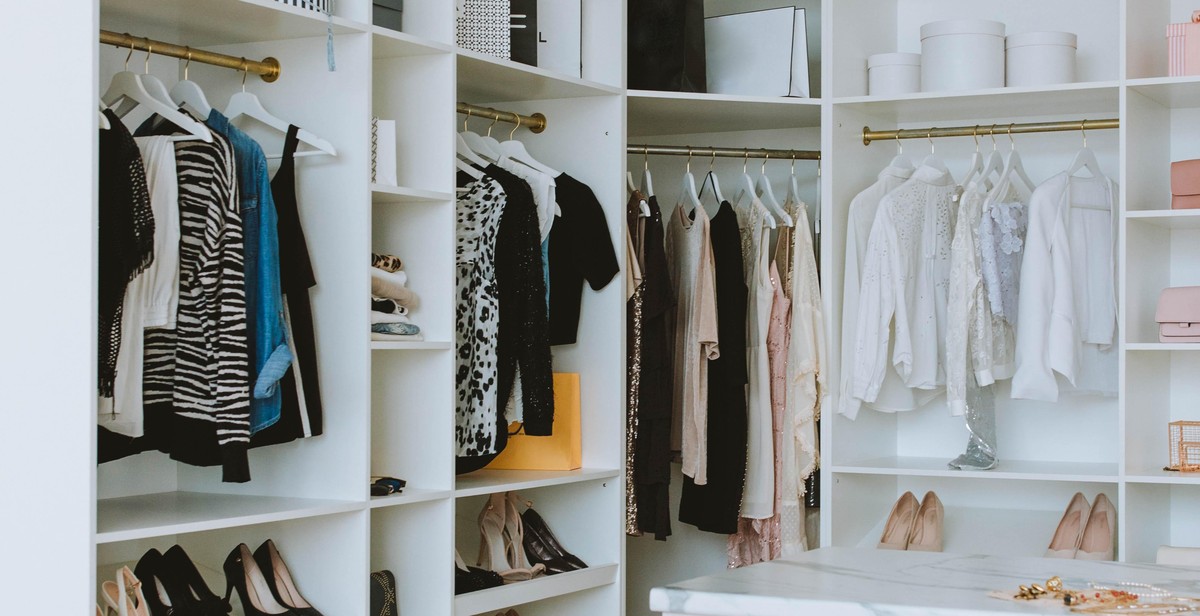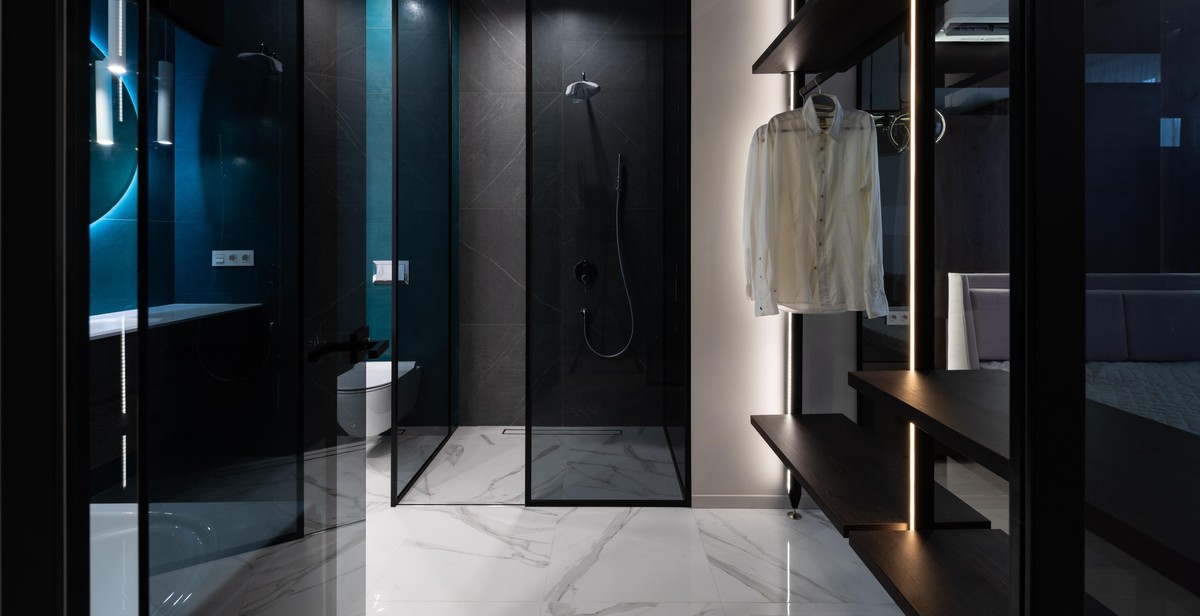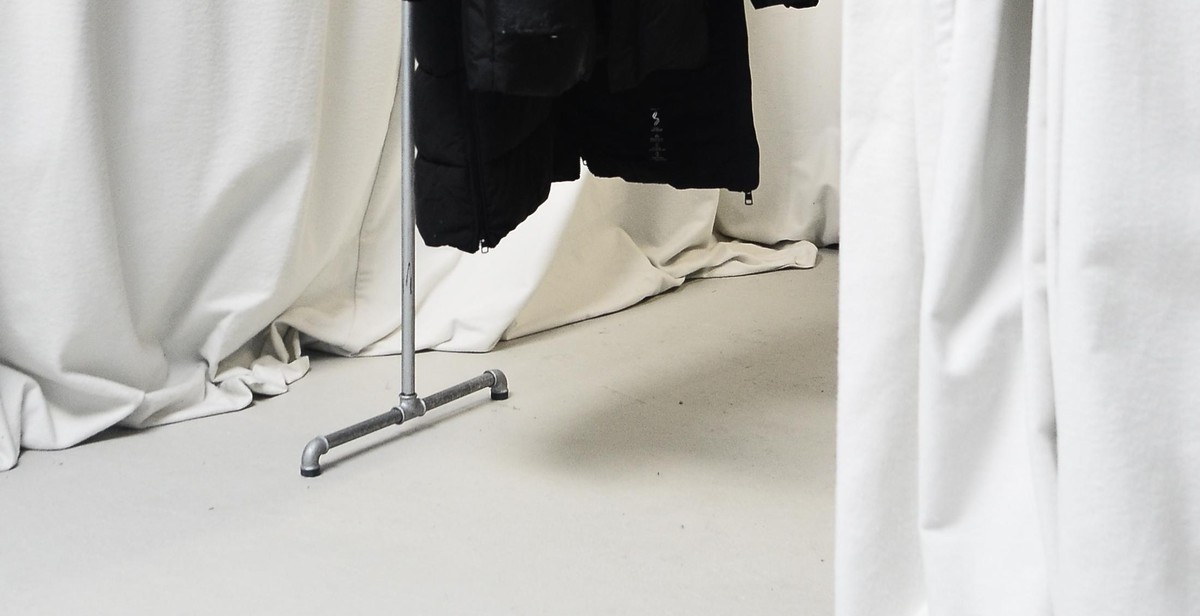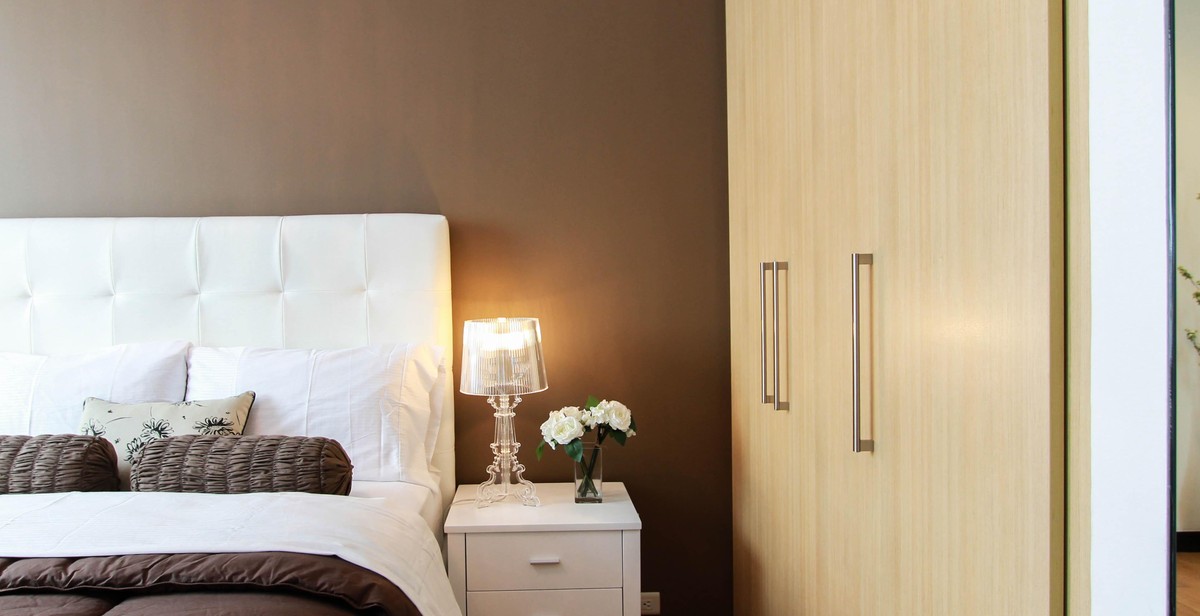How to Design a Functional and Stylish Walk-in Closet
A walk-in closet is every fashionista’s dream. It’s a space where you can store all your clothes, shoes, bags, and accessories in an organized and stylish way. However, designing a walk-in closet can be overwhelming, especially if you don’t know where to start. In this article, we’ll provide you with tips on how to design a functional and stylish walk-in closet that meets your needs and fits your personal style.
Assess Your Space
The first step in designing a walk-in closet is assessing your space. You need to determine the size of your closet and the amount of storage space you need. Consider the types of items you’ll be storing and how much space they’ll require. This assessment will help you determine the layout of your closet and the type of storage solutions that will work best.
Plan Your Layout
Once you’ve assessed your space, you can start planning your layout. Consider the flow of your closet and how you’ll move around it. You’ll want to create zones for different types of items, such as shoes, clothes, and accessories. You’ll also want to consider the height of your shelves and hanging rods to ensure that you’re maximizing your space.
Choose Your Storage Solutions
Choosing the right storage solutions is key to designing a functional and stylish walk-in closet. You’ll want to consider the types of items you’ll be storing and choose storage solutions that work best for each item. For example, you may want to use drawers for your underwear and socks, shelves for your shoes, and hanging rods for your clothes.
By following these tips, you can design a walk-in closet that meets your needs and fits your personal style. A well-designed closet will not only make your life easier but also add value to your home.

Assessing Your Needs
Designing a functional and stylish walk-in closet requires careful consideration of your storage requirements, wardrobe, and available space. Here’s what you need to know:
Determining Storage Requirements
The first step in designing a walk-in closet is to determine your storage requirements. Consider the following:
- How many clothes do you have?
- Do you have a lot of shoes or accessories?
- Do you need space for folded clothes or just hanging items?
- Do you want to store other items in your closet, such as luggage or bedding?
Answering these questions will help you determine the type and amount of storage you need in your walk-in closet.
Considering Your Wardrobe
Your wardrobe is another important factor to consider when designing your walk-in closet. Think about:
- What types of clothes do you have?
- Do you have a lot of formal wear or casual clothes?
- Do you have a lot of long dresses or suits that need hanging space?
- Do you have a lot of shoes or accessories that need storage?
By considering your wardrobe, you can design a closet that meets your specific needs and makes getting dressed in the morning a breeze.
Assessing Your Space
Finally, you need to assess the space you have available for your walk-in closet. Consider:
- How much square footage do you have?
- What is the shape of the room?
- Are there any architectural features, such as windows or doors, that need to be taken into account?
- Do you want to include any special features, such as an island or seating area?
By assessing your space, you can determine the best layout and features for your walk-in closet.
| Determining Storage Requirements: | Assess how much storage you need for your clothes, shoes, and accessories. |
|---|---|
| Considering Your Wardrobe: | Take into account the types of clothes and accessories you have. |
| Assessing Your Space: | Determine the square footage, shape, and features of your closet space. |

Designing Your Layout
Once you have determined the size and shape of your walk-in closet, it’s time to start thinking about the layout. The right layout can help you maximize your space and make the most of your storage options.
Maximizing Space
One of the biggest challenges of designing a walk-in closet is ensuring that you have enough space for all of your items. To maximize your space, consider the following:
- Use vertical space: Don’t forget about the space above your head! Install shelves or hanging rods higher up to make the most of your closet’s height.
- Use corners wisely: Corner shelves or hanging rods can make use of otherwise wasted space.
- Invest in multi-functional furniture: Consider a storage ottoman or bench that can also be used as seating or a place to lay out clothes.
Choosing a Layout
The layout you choose will depend on the size and shape of your closet, as well as your personal preferences. Here are a few common layouts:
| Layout | Description |
|---|---|
| Straight | A single row of hanging rods and shelves along one wall. |
| L-Shaped | Hanging rods and shelves along two walls that form an L shape. |
| U-Shaped | Hanging rods and shelves along three walls that form a U shape. |
| Island | A central island that provides additional storage and counter space. |
Organizing Your Items
Once you have your layout in place, it’s time to start organizing your items. Here are a few tips:
- Group similar items together: This will make it easier to find what you need.
- Use storage containers: Boxes, baskets, and bins can help you keep smaller items organized and contained.
- Consider your daily routine: Place frequently used items at eye level and within easy reach.

Selecting Your Materials
When it comes to designing a walk-in closet, selecting the right materials is crucial. Not only do you want to ensure that your closet is functional and stylish, but you also want it to withstand the test of time. Here are some tips for choosing the right materials for your closet:
Choosing Your Shelving
The type of shelving you choose will depend on your storage needs and personal style. If you have a lot of shoes, consider adding shoe shelves or racks. If you have a lot of folded clothes, opt for wider shelves. When it comes to material, there are a few options to choose from:
- Wire shelving: This is a cost-effective option that is easy to install, but it may not be as durable as other materials.
- Melamine shelving: This is a popular choice because it is affordable, durable, and comes in a variety of colors and finishes.
- Wood shelving: This is a more expensive option, but it is also the most durable and customizable.
Selecting Your Hardware
Hardware refers to the knobs, handles, and other accessories that you add to your closet. While these may seem like small details, they can have a big impact on the overall look and feel of your space. Here are some things to consider when selecting your hardware:
- Style: Choose hardware that complements the style of your closet. For example, if you have a modern closet, opt for sleek and simple hardware.
- Material: Hardware can be made from a variety of materials, including metal, wood, and plastic. Choose a material that is durable and fits your budget.
- Functionality: Consider how easy the hardware is to use and whether it will hold up over time.
Picking Your Finishing Touches
Finishing touches are the small details that tie your closet together. This includes things like lighting, paint, and decorative accents. Here are some tips for selecting your finishing touches:
- Lighting: Adequate lighting is essential in a walk-in closet. Consider adding overhead lighting, as well as task lighting near your dressing area.
- Paint: Choose a paint color that complements the rest of your home and reflects your personal style.
- Decorative accents: Add decorative accents like artwork, plants, or a rug to make your closet feel more like a personal space.
| Tip: | When selecting your materials, think about the long-term durability and functionality of your closet. Don’t be afraid to invest in high-quality materials that will last for years to come. |

Lighting and Accessories
Lighting is an essential aspect of any walk-in closet design. It not only illuminates your space but also adds to the overall ambiance of the closet. A well-lit closet makes it easier to find your clothes and accessories and also helps to create a welcoming atmosphere.
Illuminating Your Space
Consider adding a mix of lighting options to your walk-in closet design. Overhead lighting provides general illumination, while task lighting can be used to highlight specific areas such as the shoe or accessory section. You can also incorporate accent lighting to add a touch of drama to your closet.
LED lights are a popular choice for closets as they are energy-efficient and provide bright, even lighting. You can install them in various ways, such as under shelves, on the ceiling, or even inside drawers.
- Overhead lighting
- Task lighting
- Accent lighting
- LED lights
Adding Accessories
Accessories can enhance the functionality and style of your walk-in closet. They not only help to keep your space organized but also add a decorative touch.
Consider adding the following accessories to your closet:
- Shoe racks or shelves to keep your footwear organized
- Jewelry drawers or trays to store your accessories
- Tie and belt racks to keep your accessories tidy
- Hooks or hangers for bags, scarves, and hats
When selecting accessories, choose items that complement your closet design and reflect your personal style. You can also mix and match different materials and finishes to create a unique look.
| Accessories | Function |
|---|---|
| Shoe racks or shelves | Organize footwear |
| Jewelry drawers or trays | Store accessories |
| Tie and belt racks | Organize accessories |
| Hooks or hangers | Hang bags, scarves, and hats |

Conclusion
Designing a functional and stylish walk-in closet is not an easy task, but with the right planning and execution, it can be achieved. A well-designed closet can not only help you stay organized but also add value to your home.
Key Takeaways
- Plan your closet design based on your needs.
- Maximize space by using storage solutions such as shelves, drawers, and hanging rods.
- Choose the right materials and finishes to create a stylish and cohesive look.
- Consider lighting and ventilation to ensure your closet is functional and comfortable to use.
- Don’t forget to add personal touches such as artwork, mirrors, and seating to make your closet feel like a luxurious retreat.
By following these tips, you can create a walk-in closet that is both functional and stylish. Remember to take your time and prioritize your needs to ensure that your closet serves you well for years to come.
| Benefits of a well-designed closet |
|---|
| Increases storage space |
| Enhances the value of your home |
| Makes it easier to stay organized |
| Creates a luxurious and comfortable space |
So, what are you waiting for? Start planning your dream walk-in closet today!
